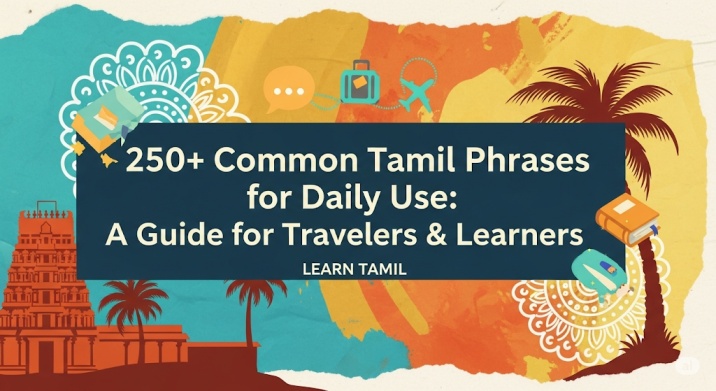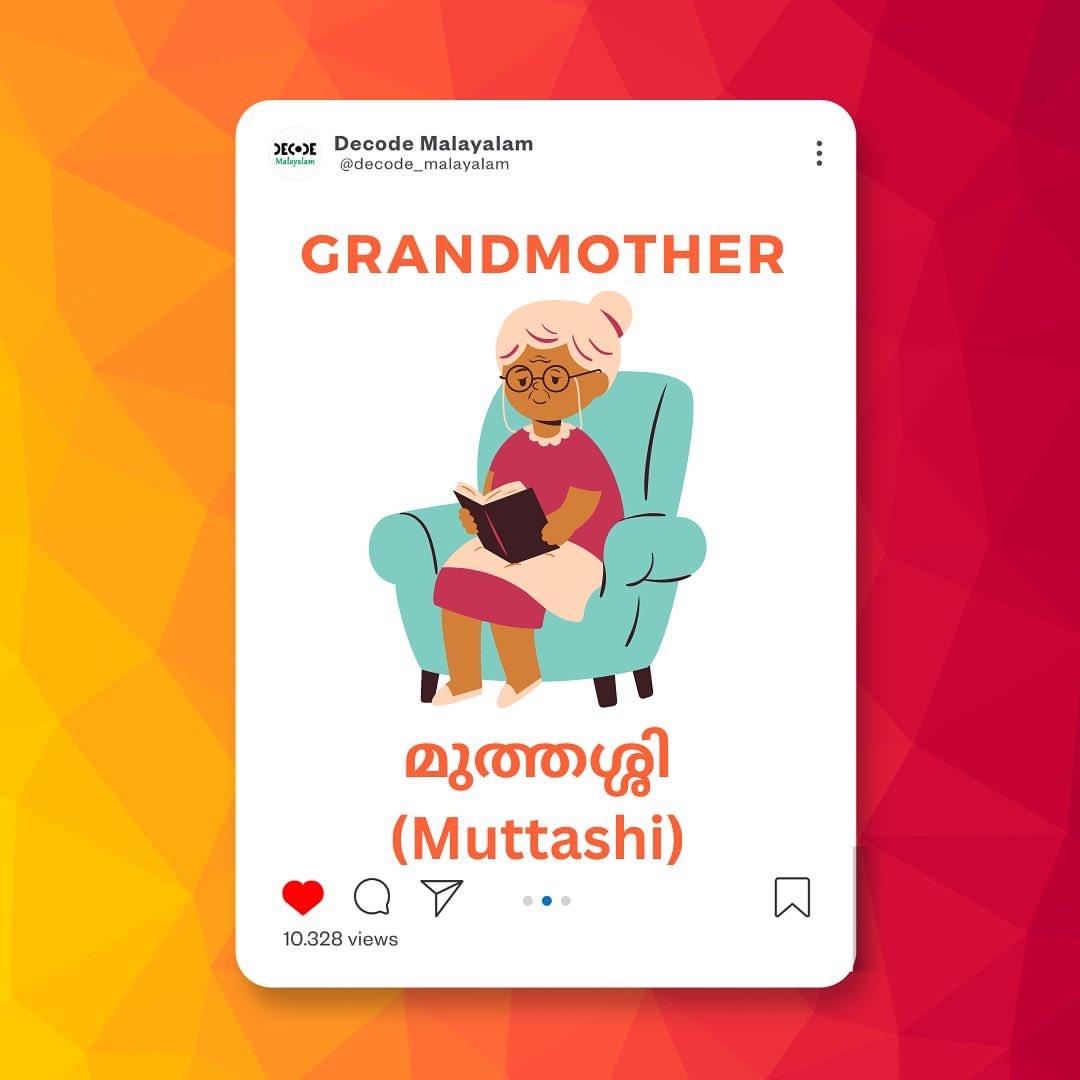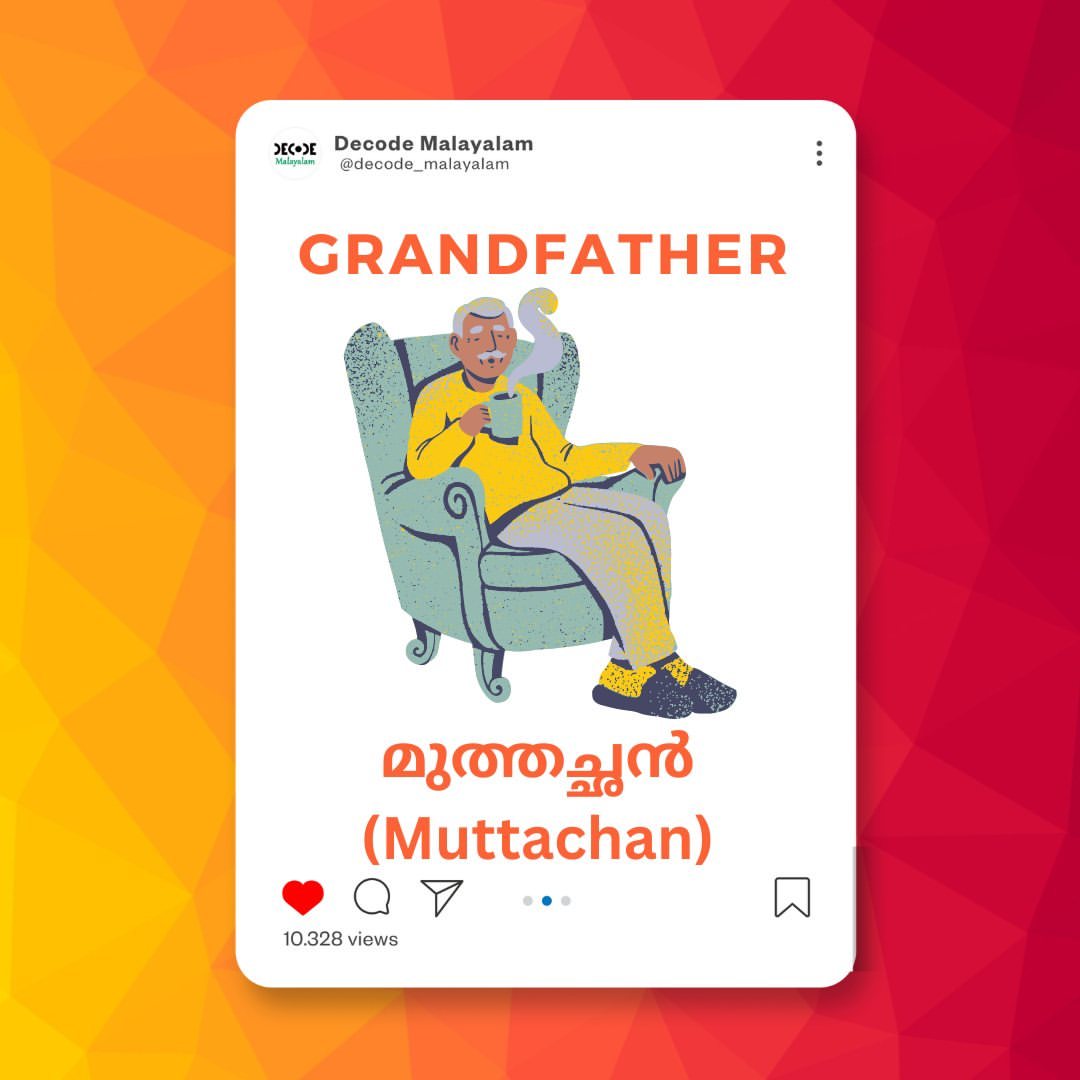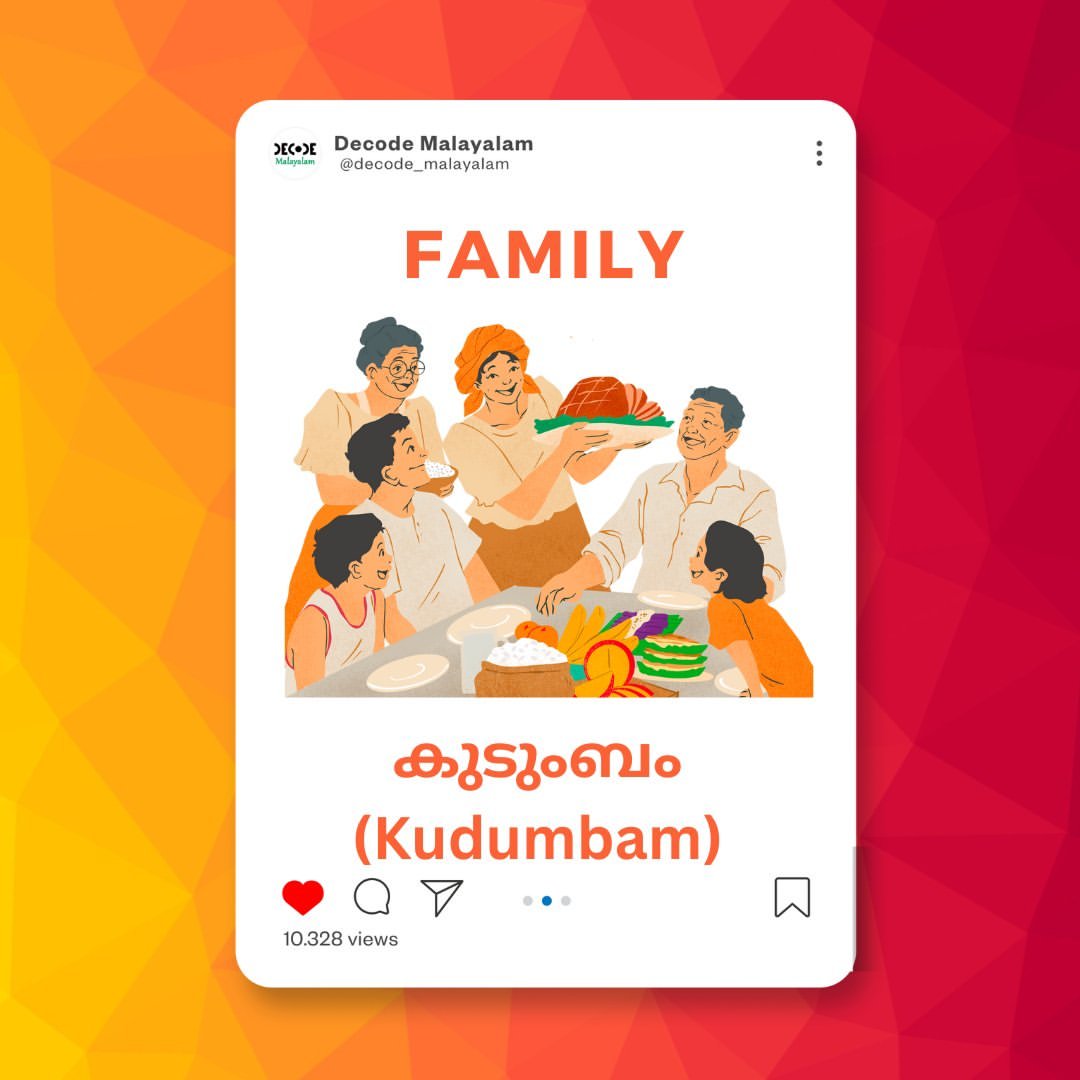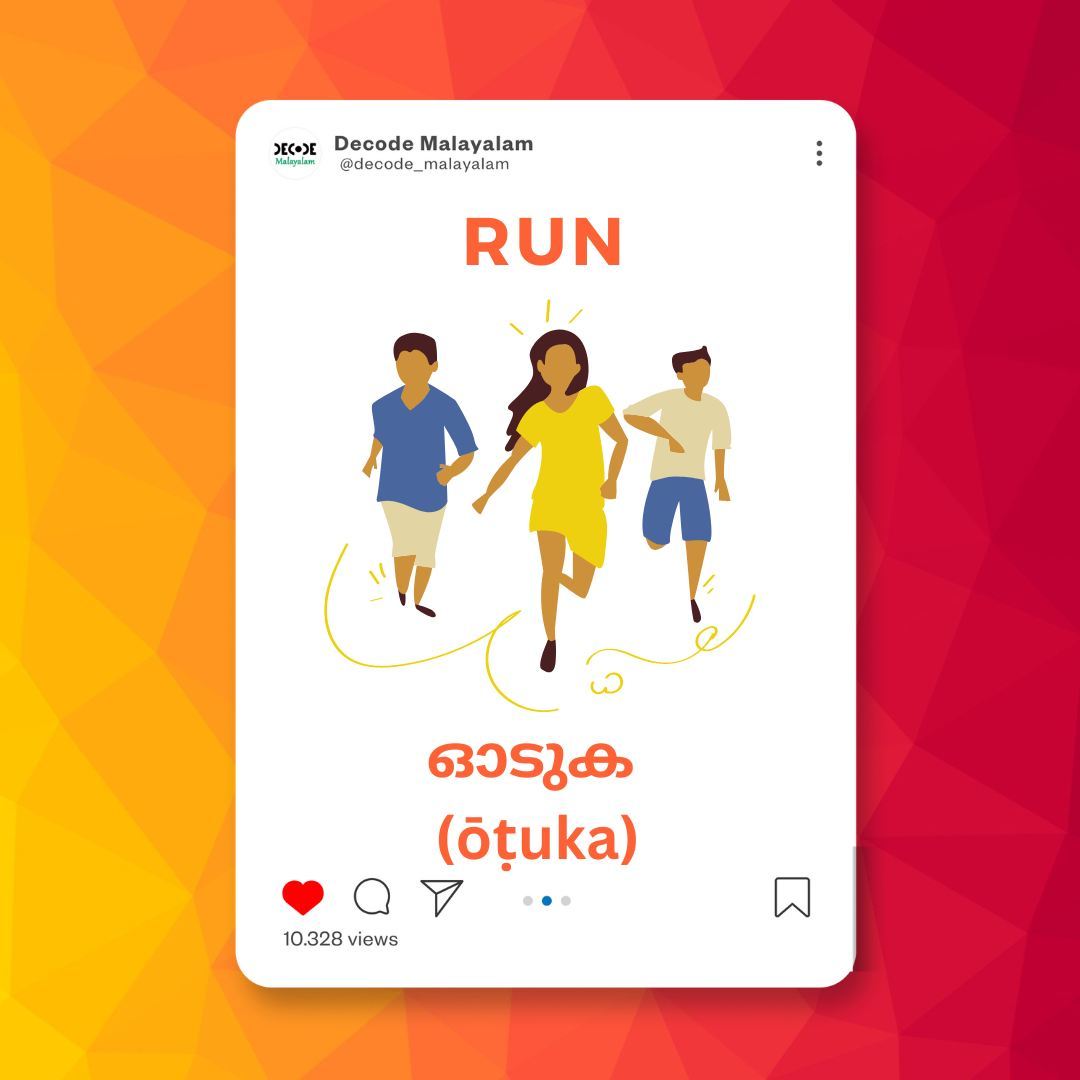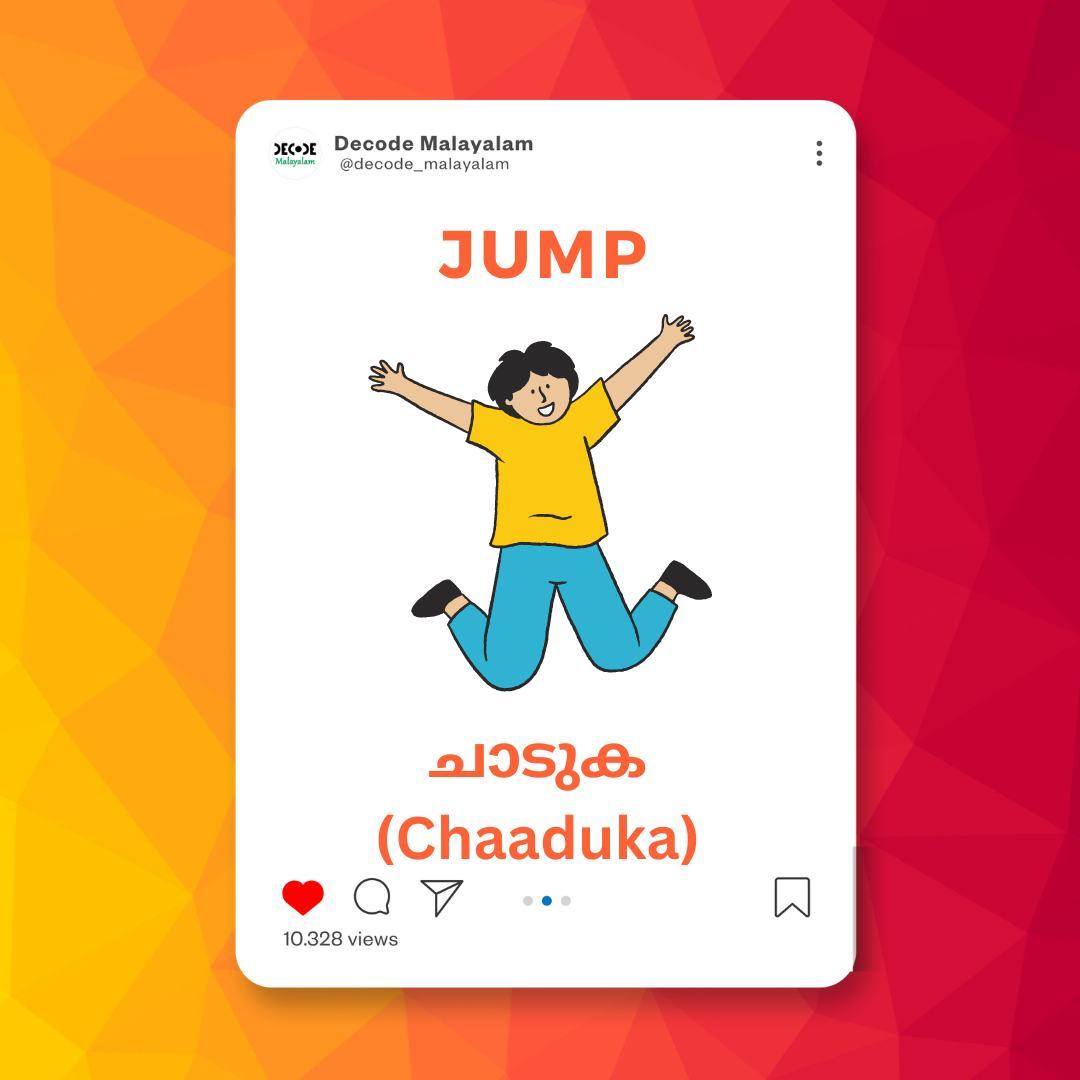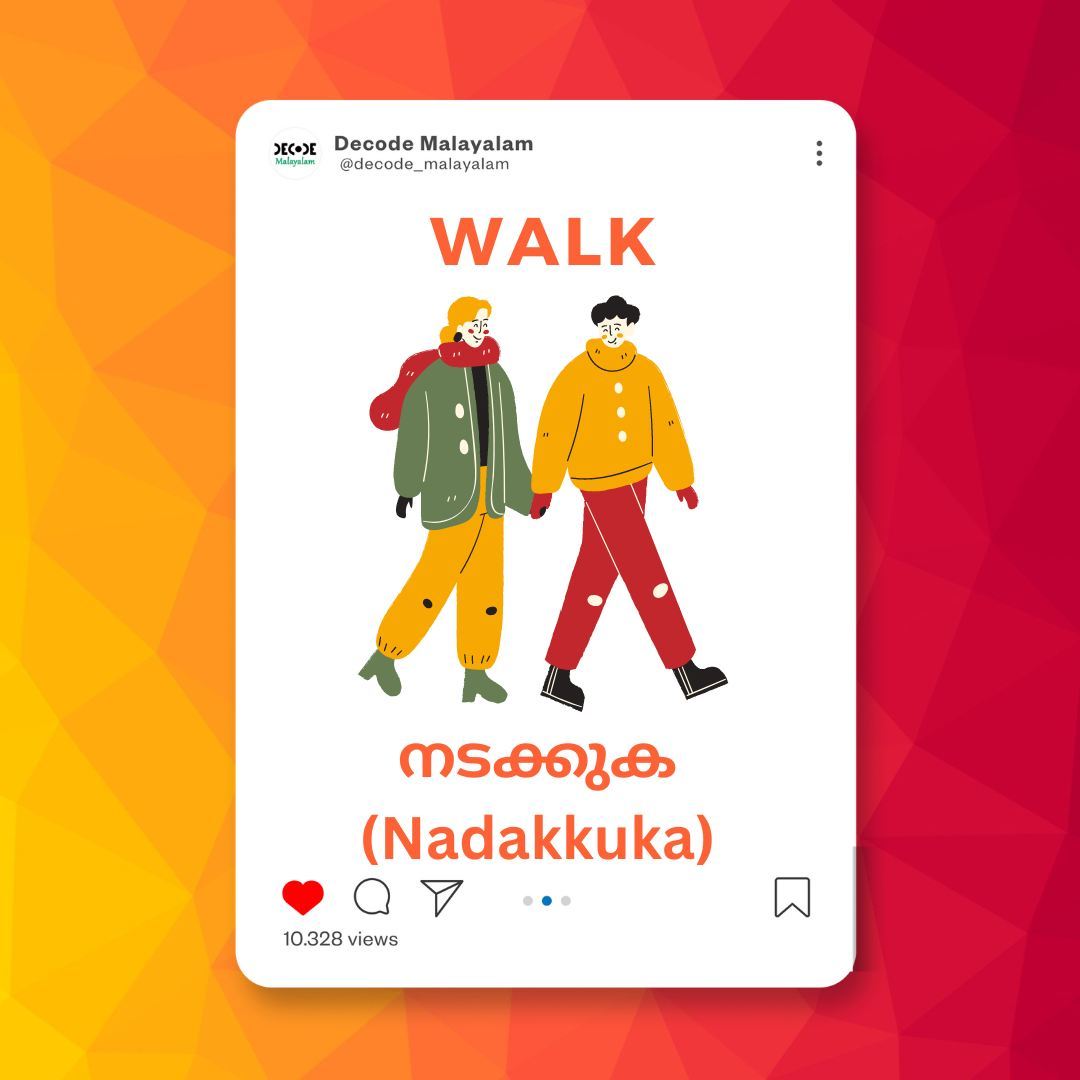Welcome, Vanakkam!
Are you planning a trip to the beautiful land of Tamil Nadu, the vibrant heart of South India? Or are you simply a language enthusiast eager to delve into one of the world’s oldest and most classical languages? Whatever your reason, mastering a few key common Tamil phrases can transform your experience from a simple visit into a profound cultural immersion.
Tamil, a member of the Dravidian language family, is not just a language; it’s a gateway to a rich tapestry of history, literature, and art. Spoken by over 80 million people globally, from India and Sri Lanka to Singapore and Malaysia, a little effort to learn a few Tamil daily use sentences will open doors and hearts wherever you go. Locals will appreciate your attempt, and you’ll find that communication becomes easier and more enjoyable.
This comprehensive guide is designed for absolute beginners and curious travelers. We’ll go beyond a simple list of words and dive into practical, everyday conversations. We’ll cover essential phrases for every situation, from navigating the bustling streets of Chennai to enjoying a home-cooked meal in Madurai.
Let’s begin your journey into the world of Tamil!
Chapter 1: The Building Blocks – Essential Tamil Daily Use Sentences
Before we get into specific situations, let’s lay a foundation with the most crucial phrases you’ll use every day. Think of these as your survival pack for any conversation.
| English | Tamil Phrase | Pronunciation |
| Hello / Greetings | வணக்கம் | Vanakkam |
| Thank you | நன்றி | Nandri |
| Please | தயவுசெய்து | Thayavu seithu |
| Yes | ஆம் / ஆமாம் | Aam / Aamaam |
| No / Not there | இல்லை | Illai |
| Excuse me / Sorry | மன்னிக்கவும் | Mannikkavum |
| How are you? | எப்படி இருக்கிறீர்கள்? | Eppadi irukkinga? |
| I am fine | நான் நலமாக இருக்கிறேன் | Naan nallaa irukkēn |
| What? | என்ன? | Enna? |
| Where? | எங்கே? | Engae? |
| Why? | ஏன்? | Yen? |
| Who? | யார்? | Yaar? |
| How much? | எவ்வளவு? | Evvalavu? |
Export to Sheets
Pro-Tip: “Vanakkam” isn’t just a greeting; it’s a versatile word used for “hello,” “greetings,” and even “goodbye.” It’s a respectful and safe bet in any situation.
Chapter 2: Greetings and Socializing – Common Tamil Phrases to Connect
Making a good first impression is key. These phrases will help you greet people, introduce yourself, and show respect.
Formal Greetings (with elders or strangers)
- Good morning: காலை வணக்கம் (Kaalai vanakkam)
- Good afternoon: மதிய வணக்கம் (Mathiya vanakkam)
- Good evening: மாலை வணக்கம் (Maalai vanakkam)
- Good night: இரவு வணக்கம் (Iravu vanakkam)
- What is your name? உங்கள் பெயர் என்ன? (Ungal peyar enna?)
- My name is… என் பெயர்… (En peyar…)
- Nice to meet you: உங்களை சந்தித்ததில் மகிழ்ச்சி (Ungalai sandhithadhil magizhchi)
Informal Greetings (with friends or people your age)
- What’s up? என்ன விஷயம்? (Enna vishayam?)
- How’s it going? எப்படி போகுது? (Eppadi pōgudhu?)
- I’m good, thanks! நான் நல்லா இருக்கேன், நன்றி! (Naan nallaa irukkēn, nandri!)
- See you later! அப்புறம் பார்க்கலாம்! (Appuram paarkkalam!)
Chapter 3: Navigating and Asking for Directions – Tamil Phrases for Travelers
Don’t get lost! These phrases are your lifeline when exploring new places. From auto-rickshaw drivers to hotel staff, these sentences will help you get where you need to go.
- Where is the…? …எங்கே இருக்கு? (…Engae irukku?)
- Bus stand: பேருந்து நிலையம் (Perunthu nilayam)
- Train station: ரயில் நிலையம் (Rail nilayam)
- Hospital: மருத்துவமனை (Maruthuvamanai)
- Hotel: விடுதி (Viduthi)
- Tourist spot: சுற்றுலாத் தளம் (Suttrulaa thalam)
- Take me to… …க்கு அழைத்துச் செல்லுங்கள் (…kku azhaiththu sellungal)
- Go straight: நேராக செல்லுங்கள் (Neraaga sellungal)
- Turn right: வலதுபுறம் திரும்புங்கள் (Valathupuram thirumbungal)
- Turn left: இடதுபுறம் திரும்புங்கள் (Idathupuram thirumbungal)
- Is it far? இது தூரமா? (Idhu dhooramaa?)
- Is it close? இது பக்கமா? (Idhu pakkamaa?)
Cultural Insight: When taking an auto-rickshaw, it’s common to negotiate the fare beforehand. A simple “Evvalavu?” (How much?) before you get in can save you a lot of hassle.
Chapter 4: Dining Out – Common Tamil Phrases for Foodies
Tamil culture is deeply intertwined with food. Use these phrases to order, compliment the chef, and truly savor the local cuisine.
At the Restaurant
- I want… எனக்கு… வேண்டும் (Enakku… vendum)
- A cup of coffee: ஒரு கப் காபி (Oru cup kaapi)
- Tea: டீ (Tea)
- Water: தண்ணீர் (Thannir)
- What is the special dish? என்ன ஸ்பெஷல்? (Enna special?)
- This is very tasty! இது மிகவும் சுவையாக உள்ளது! (Idhu migavum suvaiyaaga ulladhu!)
- Give me the bill: பில் கொடுங்கள் (Bill kodungal)
- I’m full: எனக்கு வயிறு நிறைந்துவிட்டது (Enakku vayiru niraindhu vittadhu)
Food-Specific Vocabulary
- Breakfast: காலை உணவு (Kaalai unavu)
- Lunch: மதிய உணவு (Mathiya unavu)
- Dinner: இரவு உணவு (Iravu unavu)
- Vegetarian: சைவம் (Saivam)
- Non-vegetarian: அசைவம் (Asaivam)
- Spicy: காரம் (Kaaram)
- Sweet: இனிப்பு (Iniipu)
- Salt: உப்பு (Uppu)
- Sugar: சர்க்கரை (Sarkarai)
Chapter 5: Shopping and Bargaining – Tamil Daily Use Sentences for Shoppers
Whether you’re at a local market or a boutique, these phrases will help you with your shopping needs and even help you haggle a bit!
- How much is this? இது எவ்வளவு? (Idhu evvalavu?)
- Is there a discount? தள்ளுபடி உள்ளதா? (Thallubadi ulladhaa?)
- It’s too expensive: இது மிகவும் விலை அதிகம் (Idhu migavum vilai athigam)
- I’ll take this: இதை நான் வாங்கிக்கொள்கிறேன் (Idhai naan vaangikolkiren)
- Do you have…? …உள்ளதா? (…Ulladhaa?)
- Do you have change? சில்லறை உள்ளதா? (Sillaraai ulladhaa?)
Chapter 6: Emergency & Getting Help – Important Tamil Phrases to Know
In an unfamiliar place, knowing how to ask for help is crucial. These are must-know phrases for any traveler.
- Help! காப்பாற்றுங்கள்! (Kaapaatrungal!)
- I need help: எனக்கு உதவி வேண்டும் (Enakku uthavi vendum)
- I am lost: நான் வழி தவறிவிட்டேன் (Naan vazhi thavarivittēn)
- Where is the police station? காவல் நிலையம் எங்கே உள்ளது? (Kaval nilayam engae ulladhu?)
- Call a doctor: ஒரு மருத்துவரை அழையுங்கள் (Oru maruthuvarai azhaiyungal)
Chapter 7: Building on the Basics – Going Beyond Common Tamil Phrases
Now that you have the foundational sentences, let’s look at how you can build on them. The secret to sounding more natural is to use verbs and common question words.
Key Verbs and Their Usage
Learning a few key verbs can help you create countless new sentences. Here are some of the most common ones.
- To come: வா (vaa) / வாங்க (vaanga – respectful)
- Come here: இங்கே வாருங்கள் (Ingae vaarungal)
- To go: போ (po) / போங்கள் (pongal – respectful)
- I am going home: நான் வீட்டுக்கு போகிறேன் (Naan veettukku pōgirēn)
- To eat: சாப்பிடு (saapidu) / சாப்பிடுங்கள் (saappidungal – respectful)
- Have you eaten? சாப்பிட்டீர்களா? (Saapittaargalaa?)
- To drink: குடி (kudi) / குடியுங்கள் (kudiyungal – respectful)
- I want to drink water: எனக்கு தண்ணீர் குடிக்க வேண்டும் (Enakku thanni kudikka vendum)
- To give: கொடு (kodu) / கொடுங்கள் (kodungal – respectful)
- Give me that: அதை எனக்கு கொடுங்கள் (Adhai enakku kodungal)
- To know: தெரியும் (theriyum)
- I know Tamil: எனக்கு தமிழ் தெரியும் (Enakku Tamil theriyum)
Essential Adjectives
Adding adjectives will help you express yourself more clearly.
- Big: பெரிய (Periya)
- Small: சிறிய (Siriya)
- Good: நல்ல (Nalla)
- Bad: கெட்ட (Ketta)
- Hot: சூடான (Soodaana)
- Cold: குளிர்ச்சியான (Kulirchiyaana)
- Beautiful: அழகான (Azhagana)
- New: புதிய (Puthiya)
- Old: பழைய (Pazhaiya)
Example Sentences:
- This is a good hotel: இது ஒரு நல்ல விடுதி (Idhu oru nalla viduthi)
- I want hot coffee: எனக்கு சூடான காபி வேண்டும் (Enakku soodaana kaapi vendum)
Chapter 8: Numbers and Time – Common Tamil Phrases for Practicality
Numbers and time are fundamental for shopping, travel, and appointments.
Numbers (1-10)
- One: ஒன்று (Ondru)
- Two: இரண்டு (Irandu)
- Three: மூன்று (Moondru)
- Four: நான்கு (Naangu)
- Five: ஐந்து (Aindhu)
- Six: ஆறு (Aaru)
- Seven: ஏழு (Yezhu)
- Eight: எட்டு (Ettu)
- Nine: ஒன்பது (Onbadhu)
- Ten: பத்து (Pathu)
Days of the Week
- Monday: திங்கள் (Thingal)
- Tuesday: செவ்வாய் (Sevvaai)
- Wednesday: புதன் (Budhan)
- Thursday: வியாழன் (Viyaazhan)
- Friday: வெள்ளி (Velli)
- Saturday: சனி (Sani)
- Sunday: ஞாயிறு (Nyaayiru)
Time Phrases
- Today: இன்று (Indru)
- Tomorrow: நாளை (Naalai)
- Yesterday: நேற்று (Netru)
- Now: இப்பொழுது (Ippozhudhu)
- Later: அப்புறம் (Appuram)
- What time is it? மணி என்ன? (Mani enna?)
Chapter 9: Beyond the Phrasebook – Cultural Nuances and Pro-Tips
Learning a language is also about understanding its culture. Here are a few tips to enhance your communication.
- Respectful Endings: When speaking to elders or strangers, add
-ngato the end of a verb to make it more respectful. For example, “Come” isvaangainstead ofvaa. - Greetings with a Smile: A simple
Vanakkamaccompanied by a head nod or a smile goes a long way. - Body Language: In Tamil culture, certain gestures can convey a lot. A slight head shake from side to side can mean “yes,” “no,” or “I understand.” Observe and learn from locals.
- Embrace the Mix: You will often hear a blend of Tamil and English, especially in urban areas. Don’t be shy to use English if you get stuck. Locals will appreciate your effort to speak their language.
Conclusion
Learning Tamil can be an incredibly rewarding experience. These common Tamil phrases and Tamil daily use sentences are just the beginning of your journey. Remember, the goal is not to be perfect but to connect. The people of Tamil Nadu are known for their warmth and hospitality, and they will be delighted by your attempt to speak their language.
Start with a few phrases today, practice them in front of a mirror, or with a friend, and don’t be afraid to make mistakes. The more you use these phrases, the more comfortable and confident you will become.
If you have any questions or want to learn specific phrases, feel free to leave a comment below. Nandri for reading, and happy learning!


